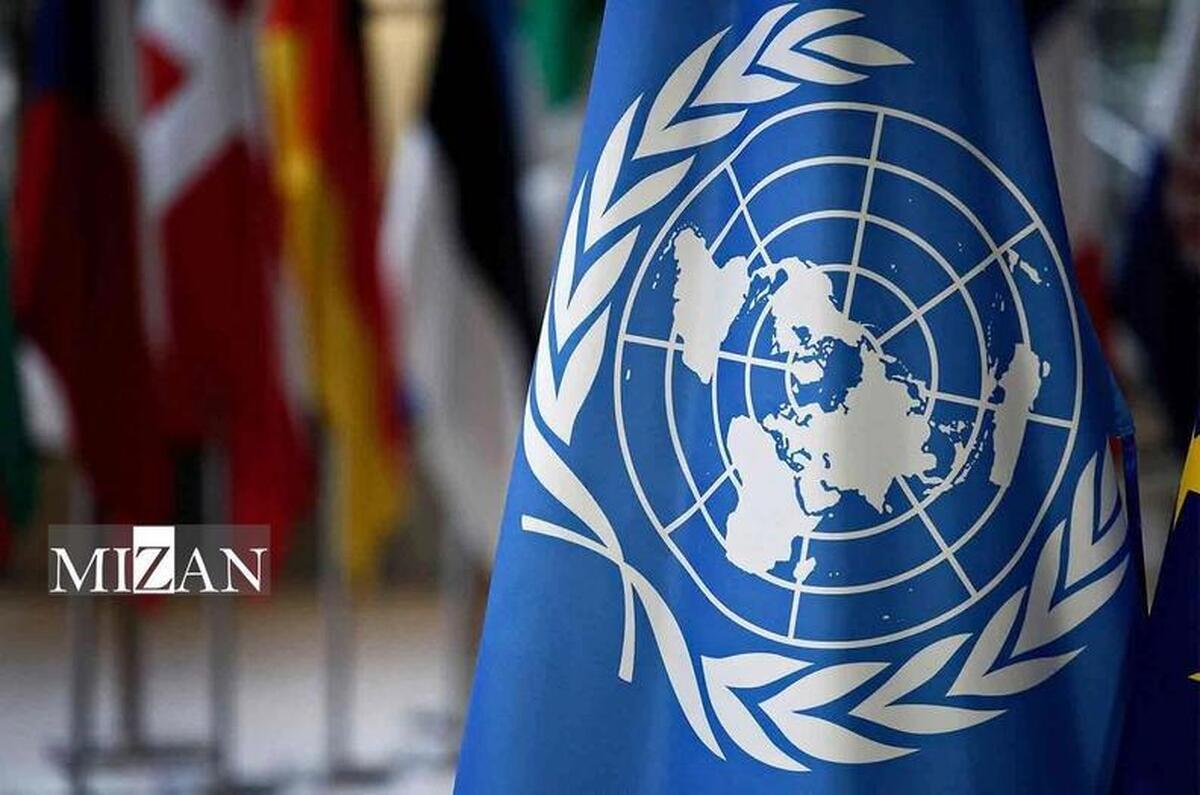UN experts condemn U.S. aggression against Iran’s nuclear facilities

The experts explicitly denounced the recent U.S. strikes on three nuclear facilities in Iran.
They stated: “These attacks violate the most fundamental rules of the international order since 1945, namely the prohibition of aggressive use of military force and the obligations to respect sovereignty and refrain from coercive intervention in another country. Political and military leaders of the United States may be held accountable for the international crime of aggression.”
They added that the attacks also pose a serious threat to human rights, including the rights to life, personal security, health, a clean environment, and the right of the Iranian people to determine their own future.
Article 2(4) of the UN Charter prohibits the threat or use of force against any state, except in self-defense or with Security Council authorization. Self-defense is only permissible in response to an actual or imminent armed attack by another state.
The UN experts said: “Iran did not attack the U.S. or Israel with nuclear weapons. There is no evidence suggesting Iran was about to launch an imminent nuclear attack against either.”
Since the adoption of the UN Charter 80 years ago, preemptive self-defense against hypothetical future threats—such as nuclear proliferation or terrorism—has not been recognized under international law.
They added: “Allowing such self-defense opens a disastrous era in which powerful states can bomb others under the pretext of national security or foreign policy goals. This fuels destructive suspicion, arms races, and destabilizing power alliances—the very dangers the post-1945 international order, born from the ashes of World War II, was meant to prevent. It further destabilizes the Middle East and increases the global risk of human rights violations.”
The experts reaffirmed the International Atomic Energy Agency’s (IAEA) position that nuclear facilities must never be targeted, as such attacks could release radioactive material with devastating environmental and human rights consequences—including threats to life, health, personal safety, protection against arbitrary displacement, and the rights of the most vulnerable and marginalized communities. Under international humanitarian law, attacks on nuclear facilities are generally prohibited.
They warned: “These U.S. strikes, carried out by a permanent member of the UN Security Council—which is charged with maintaining international peace and security—risk normalizing violent aggression as a tool of statecraft and severely undermine the rule of international law.”